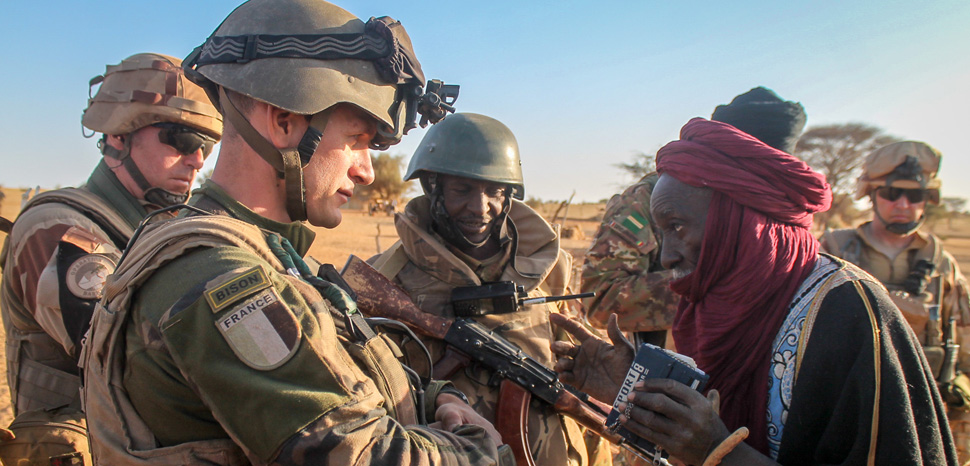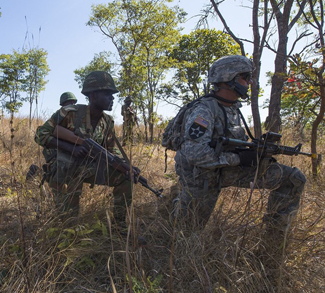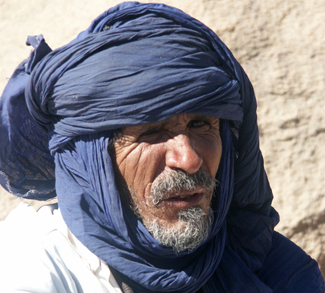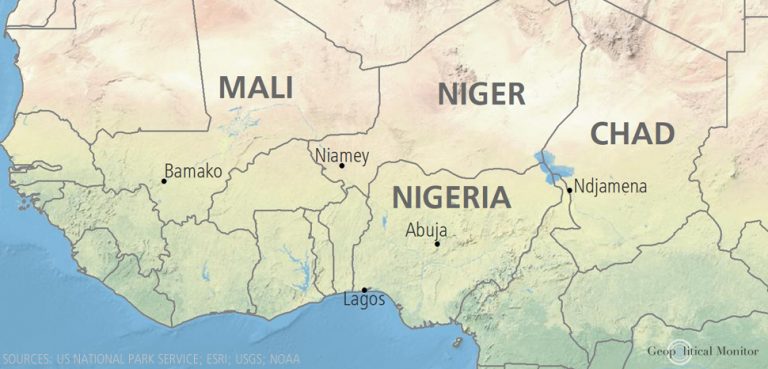Just two weeks before he is scheduled to meet his counterparts at a summit in the Chadian capital of N’Djamena, French President Emmanuel Macron has signaled his intent to reassess and reorient France’s counter-insurgency missions across the West African region of the Sahel.
Known as Operation Barkhane, the French mission in the Sahel has most recently been characterized by its failure to effectively counter or contain the incessant uptick in instability and violence against civilian and military targets. In spite of French efforts to train the region’s militaries and coordinate a multilateral response via the G5 Sahel alliance, the poor capacity of the Sahelian forces has left them overwhelmed and outgunned by a myriad of transnational terrorist groups and criminal gangs. Spanning the countries of Chad, Niger, Burkina Faso, Mali, and Mauritania, the Sahel remains one of the most overlooked —and least understood — conflict hotspots in the world.
The historical context of the French presence in the Sahel dates back to the 1800s, when military forces were sent to protect commercial interests in its sprawling North and West African colonies. Each of the member-states of the G5 Sahel are former French colonies that gained independence in 1960. Nevertheless, France has maintained both military and commercial ties, most of which are in the extractive sector, in the decades following decolonization.
The modern context of France’s presence can be understood from the cascading events that spilled out of the ongoing Libyan Civil War. The Sahel’s remote landscape, coupled with the absence of state institutions across the mostly rural terrain, has made the stretch from neighboring Chad to Mauritania a convenient safe haven and highway for the illicit trafficking of arms, drugs, and humans. The abundance of natural resources in the region are a magnet (and sometimes, the primary motive) for the proliferating number of armed groups operating across the Sahel.
Domestic criminal and terrorist groups have also exploited this lawlessness by aggressively imposing control over villages and overrunning army barracks and other governmental institutions. Furthermore, the retreat of Islamist groups across the Levant (mostly Iraq and Syria), as coalition forces began to successively dislodge the likes of Daesh and al-Qaeda, has compelled these organizations to use the Sahel to regroup.
Having endured various attacks over the last decade, France’s rationale for its current presence stems from its desire to prevent the Sahel from becoming a de facto headquarters from which attacks against Europe can be plotted and carried out. Now in its 7th year, Operation Barkhane is the successor campaign to Operation Serval, a year-long effort that began in 2013 to reverse territorial gains made by Islamist militants in northern Mali. Emboldened by its swift success, the French government quickly expanded its mandate to cover four more of its former colonies, a fact that has conjured up fears of Francafrique.
In spite of committing over 5,000 of its own troops, France has thus far failed to replicate its short-lived success in Mali elsewhere. Insecurity in Burkina Faso, Niger, and Chad surged in 2020, making the Sahel a key reason why the African continent was the only region in the world to see an increase in conflict in a year defined by the COVID-19 pandemic.
In addition to its lackluster results on the ground, France’s signaling of a troop drawdown is in large part due to political pressures both at home and within the Sahel states themselves. Facing a re-election next year, Macron’s pull back is in deference to growing discontent among French voters over the Sahel mission. Polling and protests conducted in the G5 Sahel states has uncovered similar sentiments among the general public. Recognizing this, a growing number of both incumbent and opposition politicians have criticized France, frustrating Macron’s efforts to keep French and G5 Sahel forces on the same page.
For its part, France has acknowledged the shortcomings of current counter-insurgency efforts, with Macron suggesting that the underlying “political, ethnic, and development problem” cannot be solved with French-led kinetic solutions. Instead, French security interests could earn a higher yield in the Sahel mission by focusing squarely on established and transnational groups like the Islamic State and its affiliates.
Acknowledging such realities may help recalibrate France’s security interests, but in the absence of a capable foreign presence, the integrity of the G5’s governments remain indelibly vulnerable. French efforts to expand the number of European forces in the Sahel have thus far earned meagre returns, with less than 500 troops committed between 4 countries: Estonia, Great Britain, Netherlands, and Sweden. In drawing down its troops, France’s fear of the Sahel becoming a safe haven for transnational terrorist networks may just end up becoming realized. Such a scenario would pose endemic threats to African and European security.
The views expressed in this article are those of the authors alone and do not necessarily reflect those of Geopoliticalmonitor.com or any institutions with which the authors are associated.




